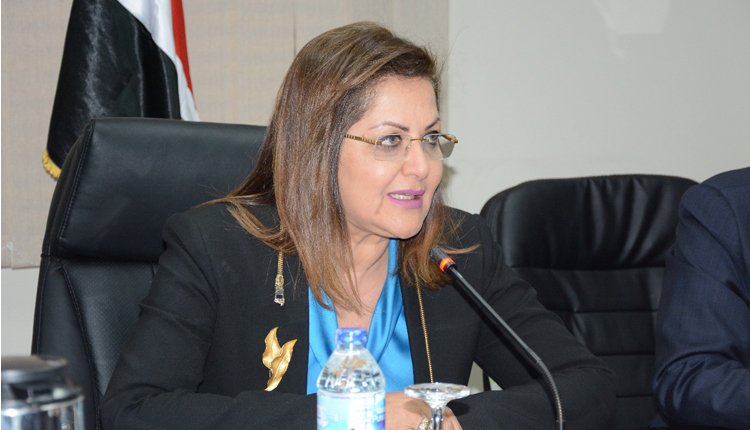Egypt’s wealth fund to invest in three sectors amid coronavirus
The Sovereign Fund of Egypt is adapting to the coronavirus crisis and will focus its work more on three main sectors in the coming period; industry, health care, and food, said its executive director Ayman Soliman on Tuesday.
Soliman was speaking at a virtual panel organised by the American Chamber of Commerce (AmCham) and hosted by Planning and Economic Development Minister Hala El-Saeed.
Soliman told Ahram Online in response to a question at the event that Egypt is among the top three countries in Africa with a solid industrial infrastructure, which is a potential that qualifies it to focus on industrial projects in the medium and long term.
Over the long term, Soliman said that the wealth fund will also focus on enhancing strategic regional and international partnerships and exploring commercial investments opportunities abroad.
In the current phase, Soliman said that the fund will initially focus on developing investment products in high potential domestic sectors, and catalysing the private sector and its participation in the Egyptian economy.
El-Saeed said that the COVID-19 crisis has forced the government to redirect its priorities regarding the budget for the coming 2020/2021 financial year, which begins on 1 July.
According to the new FY2020/2021 budget plan, the expected amount of total investments will reach 740 million pounds, with an increase in expected government investments of 280.7 million pounds, up from 211 million pounds in this year’s budget, or an increase of 33 percent, according to El-Saeed.
She added also that the investments are financed by treasury bonds, and an increase in loans from 140 million pounds to 225 million pounds, up 61 percent.
El-Saeed said the government had increased the total investments in five main sectors in the next year’s budget, including the health care sector, up 42 percent; education, up 81 percent; transportation and roads, up 90 percent; drinking water and sanitation, up 78 percent; and digitization and telecommunications, up 300 percent.
She clarified that 1.5 trillion pounds had been allocated to public investments in the infrastructure sector over the past seven years and that 4,253 projects had been implemented in the past five years at a cost of 2 trillion pounds.
According to El-Saeed, the government will work on four main development issues amid the COVID-19 crisis: digitisation, the green economy, the localisation of development and social protection.
She added that 8 billion pounds will be added to the Takafol and Karama social protection programme in next year’s budget, and 200 million pounds will be allocated to the Marakeb Nagah (survival ships) initiative to raise awareness about the dangers of illegal migration.
She also said that 2.6 billion pounds will be allocated as public investments for the digitisation and telecommunication sectors in the financial year 2020/2021 budget.
On Egypt’s economic policy objectives amid the crisis, El-Saeed explained that they include supporting economic activity, raising purchasing power, boosting domestic demand, supporting vulnerable groups, and backing the most affected sectors, under a 100 billion pounds initiative that President Abdel Fattah al-Sisi mandated in March in a bid to address the repercussions of the pandemic.
Regarding the new International Monetary Fund loan that Egypt has obtained recently, El-Saeed said it would be directed to the second wave of Egypt’s reforms, which focus on structural reforms, clarifying that the first wave of reforms had focused on economic and monetary policies.
She added that the new loan under the IMF’s Rapid Finance Instrument (RFI) and the other loan under the Stand-By Agreement (SBA) program will not have an impact on the Egyptian people, as had been the case with the previous $12 billion loan, which Egypt contracted in 2016 and the disbursements of which were concluded last year.
She also clarified that the structural reforms will be financed through several facilities and loans provided by the IMF and other multilateral global financial institutions.


